Introduction

Introduction to the effects of Remeron (Mirtazapine) in depression treatment:
- Remeron, also known as Mirtazapine, is an antidepressant medication that is commonly used for the treatment of major depressive disorder.
- It is classified as a tetracyclic antidepressant and works by affecting the levels of certain neurotransmitters in the brain, specifically serotonin and norepinephrine.
- By increasing the availability of these neurotransmitters, Remeron helps to improve mood and reduce symptoms of depression.
- The effects of Remeron in depression treatment can include improved sleep, appetite, and overall well-being.
- It usually takes a few weeks for the full effects of Remeron to be felt, so it is important to continue taking the medication as prescribed by your healthcare provider.
Introduction to the effects of Remeron (Mirtazapine) in depression treatment

Remeron, also known as Mirtazapine, is commonly used for the treatment of major depressive disorder due to its positive effects. It works by increasing the availability of certain neurotransmitters in the brain, leading to improved mood and reduced symptoms of depression. The medication can also improve sleep, appetite, and overall well-being. It is important to continue taking Remeron as prescribed by your healthcare provider to experience its full effects.
Overview of how Remeron works in treating depression

Remeron, or Mirtazapine, effectively treats depression by increasing the availability of certain neurotransmitters in the brain, leading to improved mood and reduced symptoms of depression. Its unique mechanism of action sets it apart from other antidepressants, making it a valuable option for those seeking relief from depressive symptoms.
Mechanism of Action

Mechanism of Action
Remeron (Mirtazapine) works by increasing the availability of neurotransmitters such as serotonin and norepinephrine in the brain. This leads to improved communication between brain cells and alleviates symptoms of depression. Its unique mechanism of action sets it apart from other antidepressants and makes it an effective treatment option. It is important to understand how Remeron works in order to effectively use it in depression treatment.
Understanding the mechanism of action of Remeron in relation to depression treatment

Remeron (Mirtazapine) increases the availability of neurotransmitters like serotonin and norepinephrine in the brain, improving communication between brain cells and alleviating symptoms of depression. Understanding this mechanism of action is crucial for effectively using Remeron in depression treatment.
How Remeron affects neurotransmitters in the brain
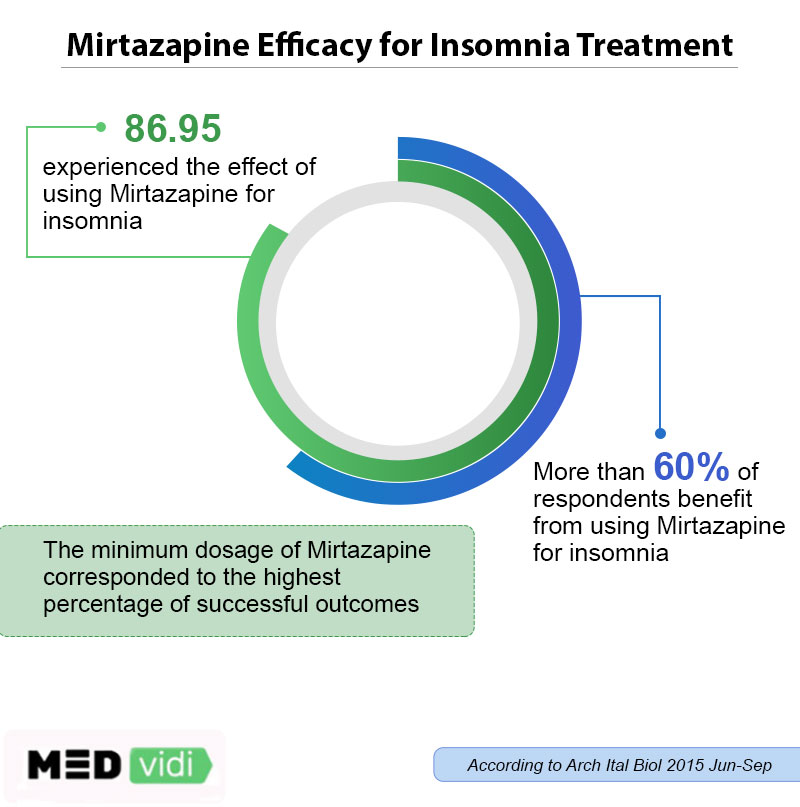
Remeron (Mirtazapine) affects neurotransmitters in the brain by increasing the availability of serotonin and norepinephrine, which are crucial for regulating mood and emotions. This helps improve communication between brain cells and alleviates symptoms of depression.
Benefits of Remeron

Benefits of Remeron in Depression Treatment
- Remeron helps alleviate symptoms of depression by increasing the availability of crucial neurotransmitters like serotonin and norepinephrine in the brain.
- It improves communication between brain cells and regulates mood and emotions.
Benefits of using Remeron in depression treatment

- Remeron helps alleviate symptoms of depression by increasing the availability of crucial neurotransmitters like serotonin and norepinephrine in the brain.
- It improves communication between brain cells and regulates mood and emotions.
- Remeron has shown to be effective in treating both the emotional and physical symptoms of depression.
- It may help improve sleep quality and decrease anxiety in individuals with depression.
- Remeron is also used off-label to treat conditions like anxiety disorders and insomnia.
Comparing the effectiveness of Remeron with other antidepressants
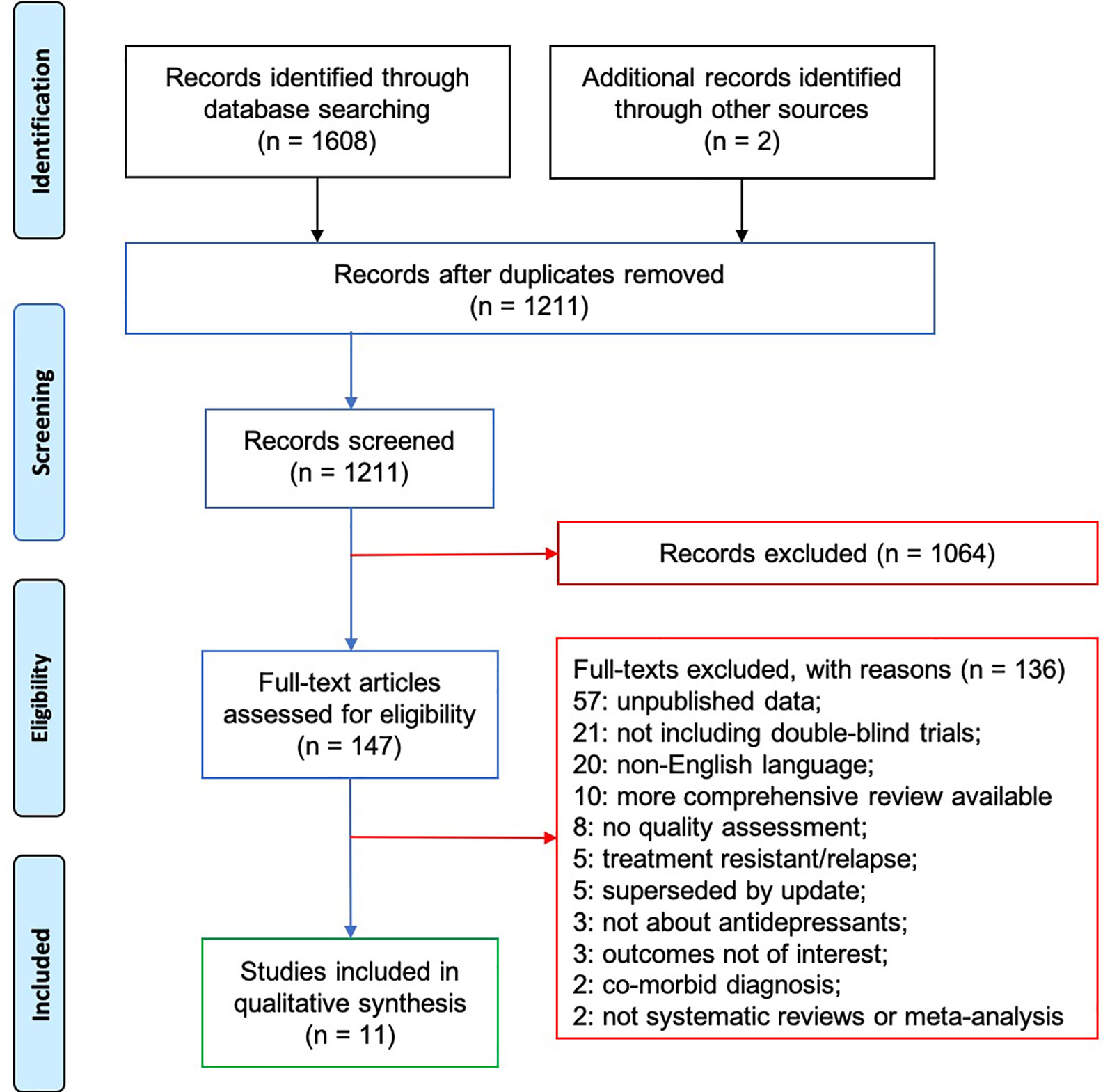
When comparing the effectiveness of Remeron with other antidepressants, it is important to consider individual factors such as the type and severity of depression, potential side effects, and personal response to medication. Consulting with a healthcare professional can help determine the most suitable antidepressant option for each individual.
Side Effects
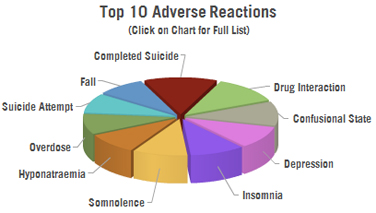
Side Effects
- It is essential to be aware of the potential side effects of Remeron (Mirtazapine) when using it for depression treatment.
- Some common side effects may include drowsiness, increased appetite, weight gain, dizziness, and dry mouth.
- If you experience severe or persistent side effects, it is important to consult your healthcare professional for further guidance.
- To minimize side effects, follow the prescribed dosage and take the medication as directed.
- It is crucial to inform your doctor of any other medications or supplements you are taking to avoid potential interactions.
- Overall, understanding and managing potential side effects are important aspects of using Remeron effectively in depression treatment.
Common side effects of Remeron in depression treatment

Common side effects of Remeron (Mirtazapine) in depression treatment include drowsiness, increased appetite, weight gain, dizziness, and dry mouth. It is important to be aware of these potential side effects and consult your healthcare professional if they become severe or persistent. Following the prescribed dosage and informing your doctor of any other medications or supplements you are taking can help minimize side effects.
Managing and minimizing potential side effects of Remeron
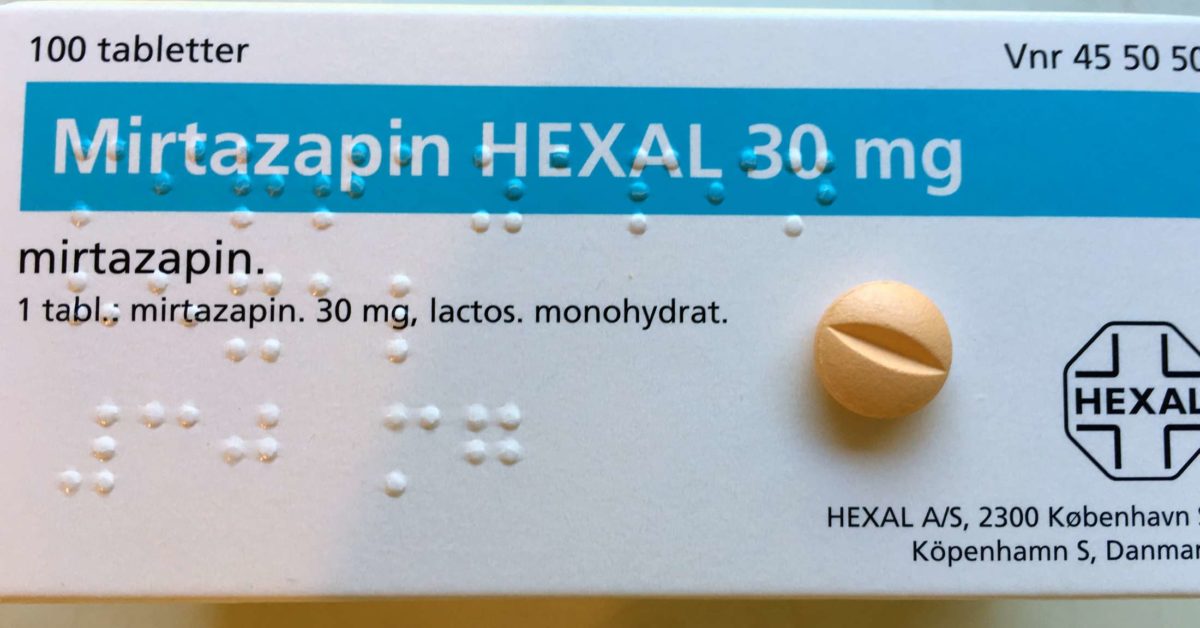
To manage and minimize potential side effects of Remeron (Mirtazapine) in depression treatment, it is important to follow your healthcare professional’s guidance and adhere to the prescribed dosage. If you experience drowsiness or dizziness, it is advised to avoid activities that require alertness. Additionally, maintaining a balanced diet and incorporating exercise can help combat weight gain and increased appetite associated with Remeron. Staying hydrated and practicing good oral hygiene can alleviate dry mouth.
Dosage and Administration

Dosage and Administration
When it comes to using Remeron (Mirtazapine) in depression treatment, it is crucial to follow the prescribed dosage and administration guidelines provided by your healthcare professional. Typically, Remeron is taken orally once a day, usually before bedtime. It is important to avoid suddenly stopping the medication, as this can lead to withdrawal symptoms. Gradually tapering off the dosage under medical supervision is recommended. Remember to always consult your healthcare provider for personalized dosing instructions.
Proper dosage and administration guidelines for using Remeron in depression treatment

Following the proper dosage and administration guidelines is crucial when using Remeron (Mirtazapine) in depression treatment. It is typically taken orally once a day, preferably before bedtime. Avoid abruptly stopping the medication, as this can lead to withdrawal symptoms. It is recommended to gradually decrease the dosage under medical supervision. Always consult your healthcare professional for personalized dosing instructions.
Factors to consider when starting or discontinuing Remeron treatment

When starting or discontinuing Remeron treatment, it is important to consider several factors. These include consulting with a healthcare professional, discussing any potential interactions with other medications, gradually adjusting the dosage under medical supervision, and being aware of possible withdrawal symptoms. Always follow your healthcare professional’s guidance for a safe and effective treatment journey.
Conclusion

Conclusion
When considering the effects of Remeron (Mirtazapine) in depression treatment, it is important to understand its mechanism of action, benefits, potential side effects, and proper dosage and administration. Consulting with a healthcare professional and following their guidance is crucial for safe and effective use of Remeron. By carefully considering these factors, individuals can make informed decisions about starting or discontinuing Remeron treatment for depression.
Summary of the effects of Remeron in depression treatment

Remeron (Mirtazapine) is an effective antidepressant medication that can help alleviate symptoms of depression. It works by increasing the levels of certain neurotransmitters in the brain, such as serotonin and norepinephrine. This can lead to improved mood, reduced feelings of sadness, and increased overall wellbeing. It is important to note that Remeron may cause side effects, including drowsiness, weight gain, and dry mouth. However, these side effects can often be managed and minimized with proper dosage and administration. Overall, Remeron has shown to be a beneficial treatment option for individuals suffering from depression.
Final thoughts on the use of Remeron as an antidepressant medicatione
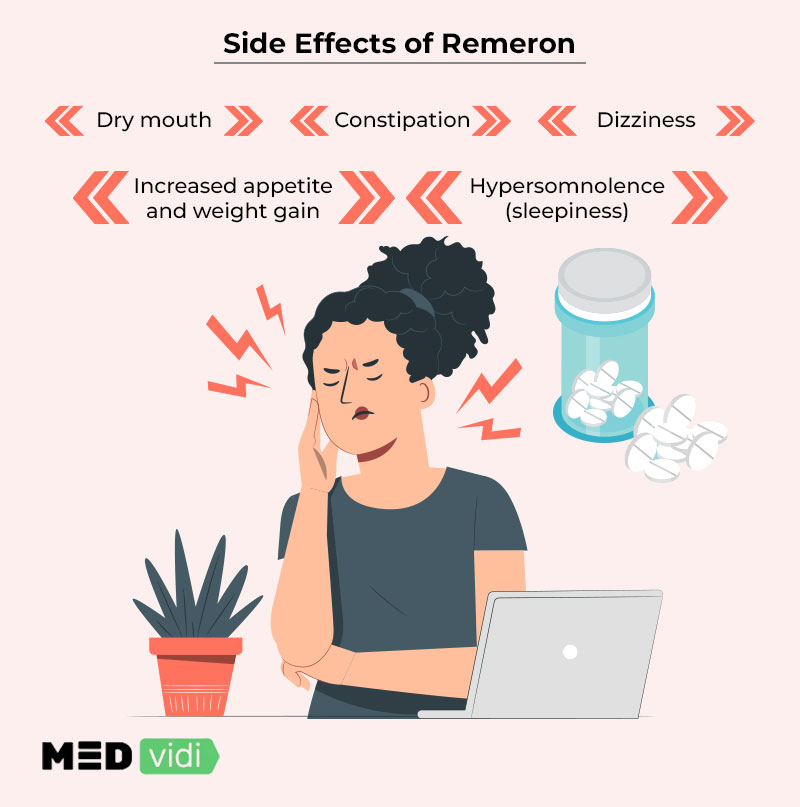
Final thoughts on the use of Remeron as an antidepressant medication:
Remeron has shown to be a valuable treatment option for depression, effectively increasing levels of neurotransmitters in the brain and alleviating symptoms. However, it is essential to work closely with a healthcare professional to monitor and manage any potential side effects, ensuring the proper dosage and administration for optimal results. Overall, Remeron can be a beneficial tool in improving mood and overall wellbeing in individuals suffering from depression.



Leave a Reply